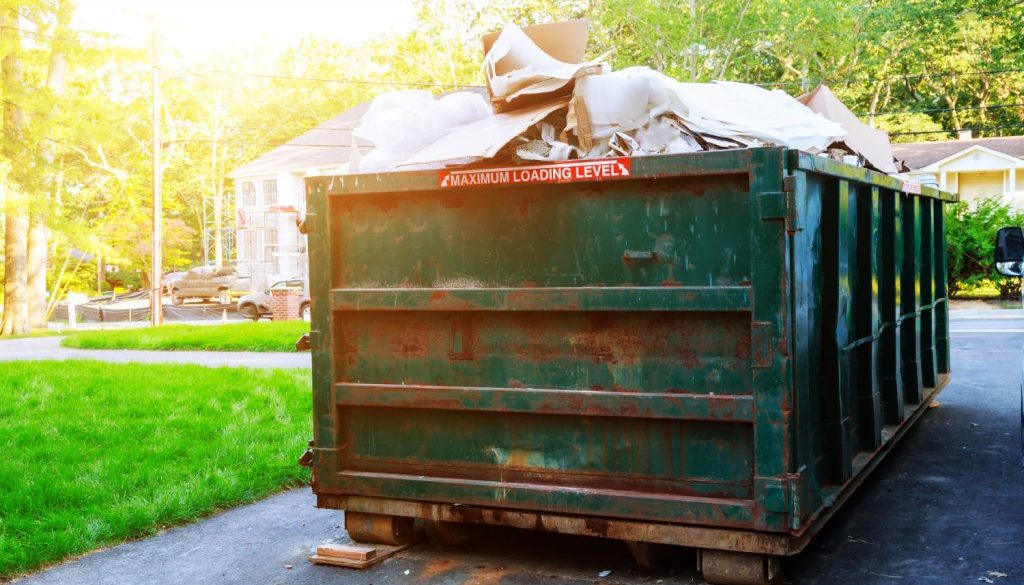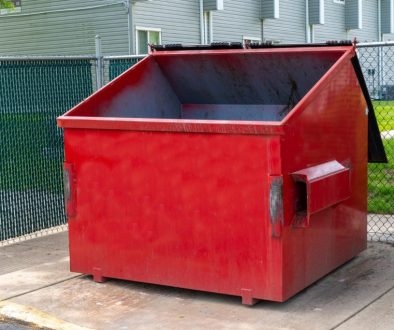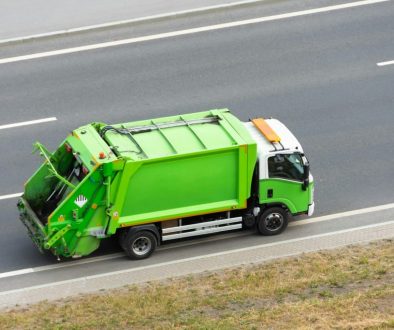Reducing household rubbish is an essential step towards a cleaner and healthier environment. With just a few simple changes at home, you can significantly decrease the amount of waste you produce. This not only helps the planet but also creates a more organised and clutter-free living space.
One effective way to cut down on rubbish is by implementing a household recycling system. This enables you to sort recyclable materials like paper, glass, and plastics, ensuring they don’t end up in landfills. Recycling is a straightforward practice that can make a big difference.
Another excellent method is composting kitchen and garden waste. Organic waste such as vegetable peels, coffee grounds, and garden clippings can be turned into nutrient-rich compost. This reduces the amount of waste you send to the landfill and benefits your garden.
By minimising the use of single-use plastics, you can also make a positive impact. Simple changes like using reusable bags, bottles, and containers reduce the plastic waste that contributes to pollution. Avoiding products with excessive packaging helps as well.
Upcycling and reusing everyday items is another creative and fun way to reduce waste. Old jars, clothes, and furniture can be repurposed and given new life, reducing the need to buy new items and cutting down on rubbish.
These simple strategies can help you manage household waste effectively, making your home more eco-friendly and sustainable.
Implementing a Household Recycling System
Setting up a household recycling system is one of the easiest ways to reduce rubbish. Start by designating separate bins for different types of recyclable materials like paper, plastics, glass, and metal. Label each bin clearly so everyone in the household knows what goes where. This helps in sorting the waste correctly.
Next, educate your family members about what can and cannot be recycled. Common recyclable items include newspapers, cardboard boxes, plastic bottles, aluminium cans, and glass jars. On the other hand, items like food waste, plastic bags, and certain types of contaminated containers should not be put in recycling bins. Providing a list of recyclables and non-recyclables near the bins can serve as a helpful reminder.
Finally, ensure that recyclables are clean and dry before placing them in the bins. Rinsing out containers and removing any food residue helps in maintaining the quality of the recyclables. This makes the recycling process more efficient and reduces the chance of contamination.
Composting Kitchen and Garden Waste
Composting is an excellent way to manage organic waste. Setting up a composting system in your garden can reduce the amount of kitchen and garden waste that goes to landfill. You can use a compost bin or simply create a compost pile in a designated area of your garden.
Start by collecting kitchen scraps such as vegetable peels, fruit cores, coffee grounds, and eggshells. These items break down easily and add valuable nutrients to the compost. Avoid adding meat, dairy, and oily foods as they can attract pests and take longer to decompose.
Garden waste like grass clippings, leaves, and small branches can also be added to the compost pile. Make sure to chop larger items into smaller pieces to speed up the decomposition process. Turn the compost regularly to aerate it and mix the materials, helping them break down more efficiently.
In a few months, you will have rich, earthy compost that you can use in your garden beds or for potting plants. This not only reduces rubbish but also enriches your soil, promoting healthier plant growth.
Minimising Single-Use Plastics
Reducing single-use plastics is key to lowering household rubbish. Start by replacing plastic bags with reusable cloth bags for shopping. Keep a few in your car or by the door to ensure you always have them handy.
Another simple change is to use reusable water bottles and coffee cups. Many shops offer discounts if you bring your own cup. This not only reduces plastic waste but also saves you money over time.
Eliminate plastic straws and cutlery by opting for reusable metal or bamboo alternatives. You can carry a small set with you when you’re out and about. Additionally, choose products with minimal packaging, and buy in bulk when possible to cut down on plastic wrapping.
Finally, practise saying no to unnecessary plastic items like freebies and promotional products. These often end up unused and contribute to waste. By making these small changes, you can significantly reduce your plastic footprint.
Upcycling and Reusing Everyday Items
Upcycling and reusing everyday items is a fun and creative way to reduce waste. Instead of throwing away old jars, consider using them as storage containers for food, craft supplies, or even as vases for flowers.
Old clothing can also be given a new lease of life. Turn worn-out jeans into shorts or a handbag. Use fabric scraps for patchwork quilts or cleaning rags. The possibilities are endless and it keeps usable materials out of the rubbish bin.
Furniture and décor can be transformed with a bit of creativity. A lick of paint can change the look of a tired chair or table. Turn old wooden crates into shelving units or planters. Experiment with different ideas to refresh your home.
Making upcycling projects a family activity can be both educational and enjoyable. It teaches children the value of reusing and reduces the need to buy new items. Doing so helps cut down on waste and saves money.
Conclusion
Reducing household rubbish is not just about making a difference environmentally but also about creating a more organised and sustainable home. Implementing simple changes like setting up a recycling system, composting organic waste, minimising single-use plastics, and upcycling everyday items can significantly reduce the amount of waste you send to landfills. These practices are easy to adopt and can have a substantial impact on both your living space and the environment.
At Enviro Skip Hire, we are committed to promoting responsible waste management and sustainable living. By taking small steps every day, you can contribute to a cleaner, greener world. If you need help with waste disposal or want to learn more about our services, contact Enviro Skip Hire today and let us assist you in managing your waste effectively and responsibly.




